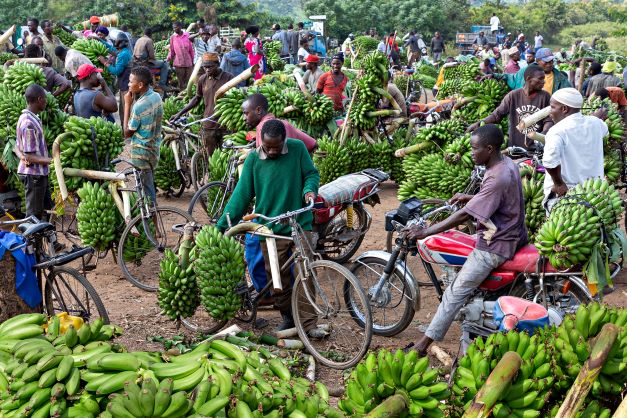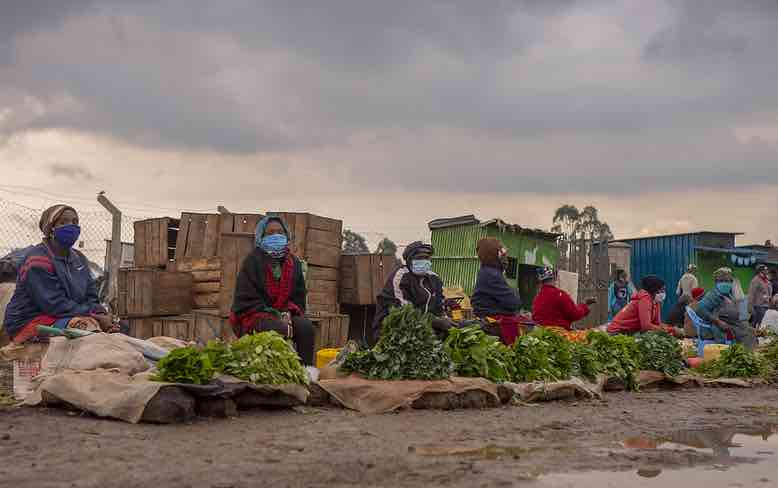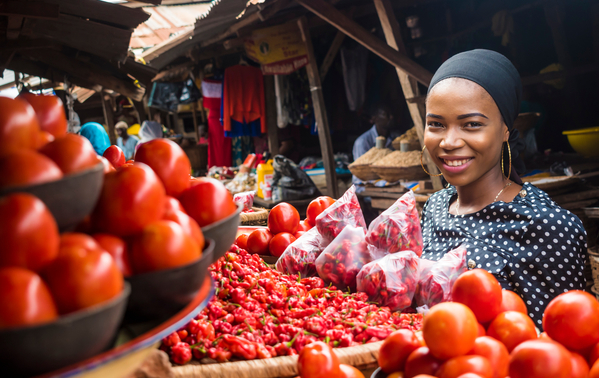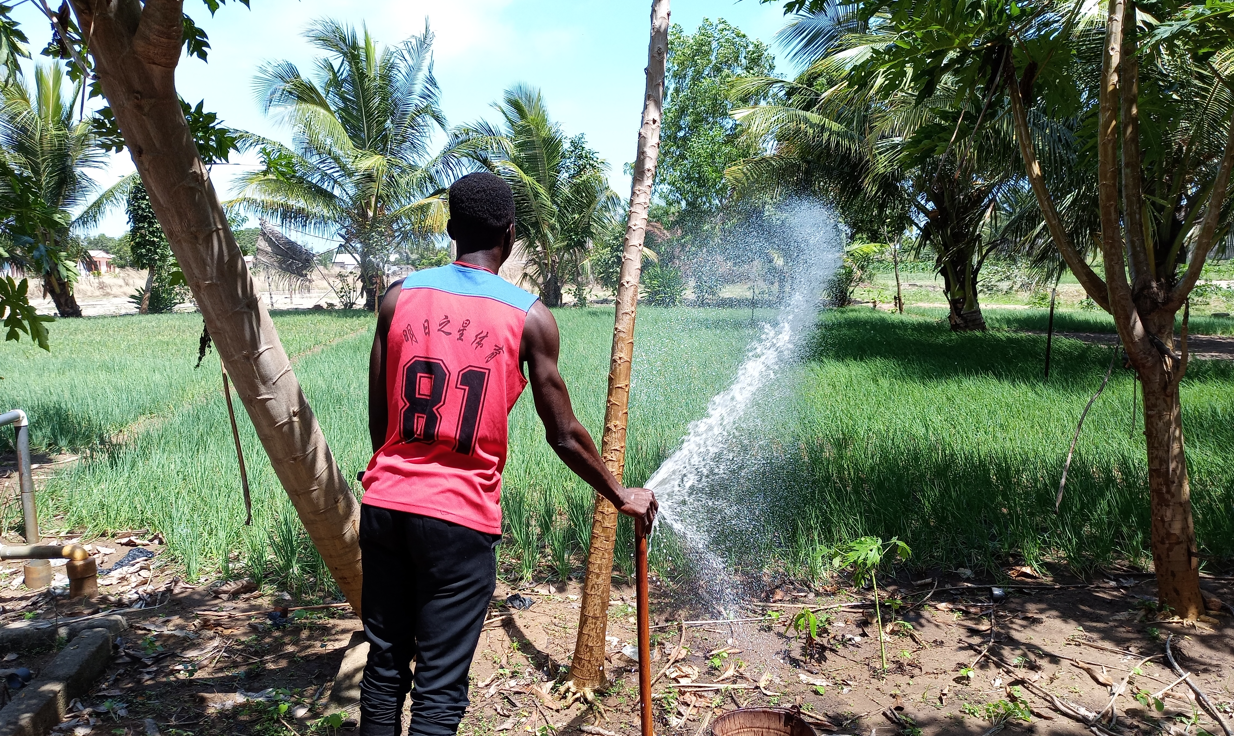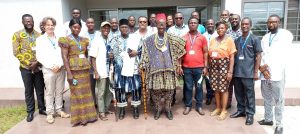By Thomas Falk, Emmanuel Obuobie, Margaret Akuriba
In August-September 2022, eighteen representatives from the government, civil society, the private sector, farmers, and community leaders met in Bolgatanga, Ghana over a series of 3 workshops to explore potential pathways for improving groundwater use and governance in the White Volta basin in the Upper East region of Ghana. The process was supported by the Feed the Future Innovation Laboratory for Small Scale Irrigation (ILSSI) project which is funded by USAID and implemented by the International Food Policy Research Institute (IFPRI), the Norman Borlaug Institute for International Agriculture at Texas A&M University (USA), the University for Development Studies (Tamale, Ghana), and the Water Research Institute (Accra, Ghana). ILSSI facilitates social learning for improving community groundwater governance and collective action in small scale irrigation.
The starting point of stakeholders’ exploration of potential pathways was the acknowledgement of the multitude of interrelated issues connected to groundwater management and governance in the White Volta basin. They mentioned issues related to agricultural management practices, natural resource use, quality of water, access to technology as well as data and information, financial constraints, market challenges, government regulations, and inter-sectoral collaboration, all of which had to be seen in the face of climate change.
Under the impression of this experience, participants embodied the social network of key stakeholders in an organizational constellation. This facilitation tool allows to surface the nature of and power in relations between actors. It helps to reflect on the wider patterns of relations beyond the detailed challenges.
The organisational constellation exercise made participants aware of the value of collaboration and the fact that beyond individual interests, there is a common goal. This insight included an understanding that one cannot over-rely on government and external support. Every actor can make a meaningful contribution to and carries responsibility over the process. This includes farmers who are THE key actors.
Participants then discussed what a common vision for groundwater management and governance in the White Volta basin could be. Different aspects were highlighted and eventually the group arrived at the following vision to which everybody could connect: Improved water security through increased and equitable use and sustainable management of groundwater.
With great enthusiasm, the stakeholders then brainstormed what would need to happen to move toward this common vision. Applying a behavioural change perspective, they discussed questions such as: Who would need to take which actions in a different way? What would be the motivating, enabling, or prompting drivers for triggering such behavioural changes? The discussion revealed that farmers were mainly constrained by a lack of financial resources, adequate information about where to best drill boreholes, lack of adequate capacity for use of efficient irrigation technologies, and the lack of durable and strong pumps on the market. They further highlighted that different government departments need to take responsibility for ensuring sustainable and equitable use of resources. They would need to make stronger efforts to enforce existing laws and regulations and formulate improved ones. Enabling factors in this case could be to deploy and resource adequate personnel for monitoring and to provide stronger incentive for the staff of different departments to play this role.
The workshop concluded with a strong call for creating a more permanent collaborative platform for stakeholders to meet and plan further actions toward improved and more sustainable groundwater management in the White Volta basin. The group agreed that a rotation of the meeting host would be useful to give different actors responsibility for the process and welcomed engagement of external partners to support the initiative.
Thomas Falk is Research Fellow in IFPRI’s Natural Resources and Resilience Unit, Transformation Strategies Department; Dr. Emmanuel Obuobie is a Senior Research Scientist at the Water Research Institute of the Council for Scientific and Industrial Research, Ghana; Dr. Margaret Atosina Akuriba is a Senior Lecturer at the University for Development Studies, Ghana.

